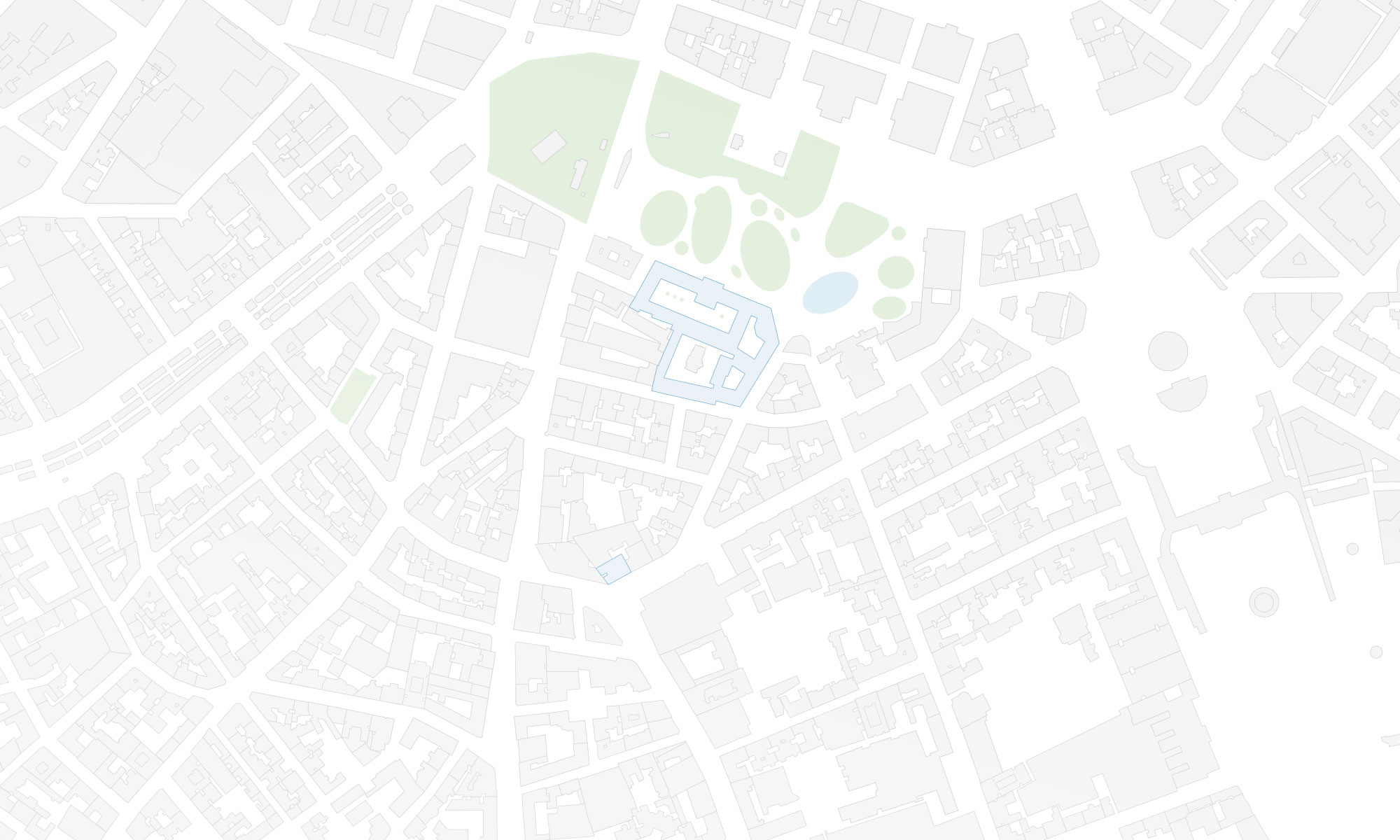We are happy to host a CartoTalk by André Skupin, professor at San Diego State University, USA, on 17 June 2016.
Abstract: Geographic principles and cartographic techniques are the source of powerful approaches for dealing not only with geographically referenced data, but for a much broader range of data generated throughout contemporary society, from social media to environmental sensors and governmental statistics. While geographic information scientists have taken for granted such notions as reference systems, base maps, and overlays, these are applicable beyond geographic space. Centuries of cartographic thinking on how to capture, transform, and present spatial information are ripe for exploitation, as soon as we recognize space as providing foundational principles for organizing any domain. For any physical or abstract phenomenon, if you can conceptualize it in spatial terms, you can map it!
Dr. André Skupin is a Professor of Geography and the Founder and Co-Director of the Center for Information Convergence and Strategy (CICS) at San Diego State University. He combines a classic cartographic education and 20+ years of experience with the GIS market in the U.S., Europe, and South Africa with long-standing interests in geovisualization, visual data mining, and spatio-temporal modeling. He has developed novel methods for analyzing human mobility, demographic change, and environmental indicators in attribute space. Dr. Skupin also is an internationally recognized thought leader in knowledge visualization, where much of his research has addressed how knowledge artifacts can be analyzed by combining traditionally disparate approaches from natural language processing, machine learning, and cartography. He is co-inventor of several patent-pending technologies involving ontologies and text mining for knowledge engineering. As Associate Director of the Center for Entrepreneurship and Innovation (CEI) at the University of Dubai and Co-Founder of a corporate spin-off, Dr. Skupin has a strong interest in accelerated transition of technological innovation into diverse application areas, from biomedical knowledge management to financial analytics, demography, crime analysis, and environmental monitoring.
Friday, 17 June 2016, 11:30
EI11, Geodäsie HS
Gußhausstraße 27–29, 3rd floor

